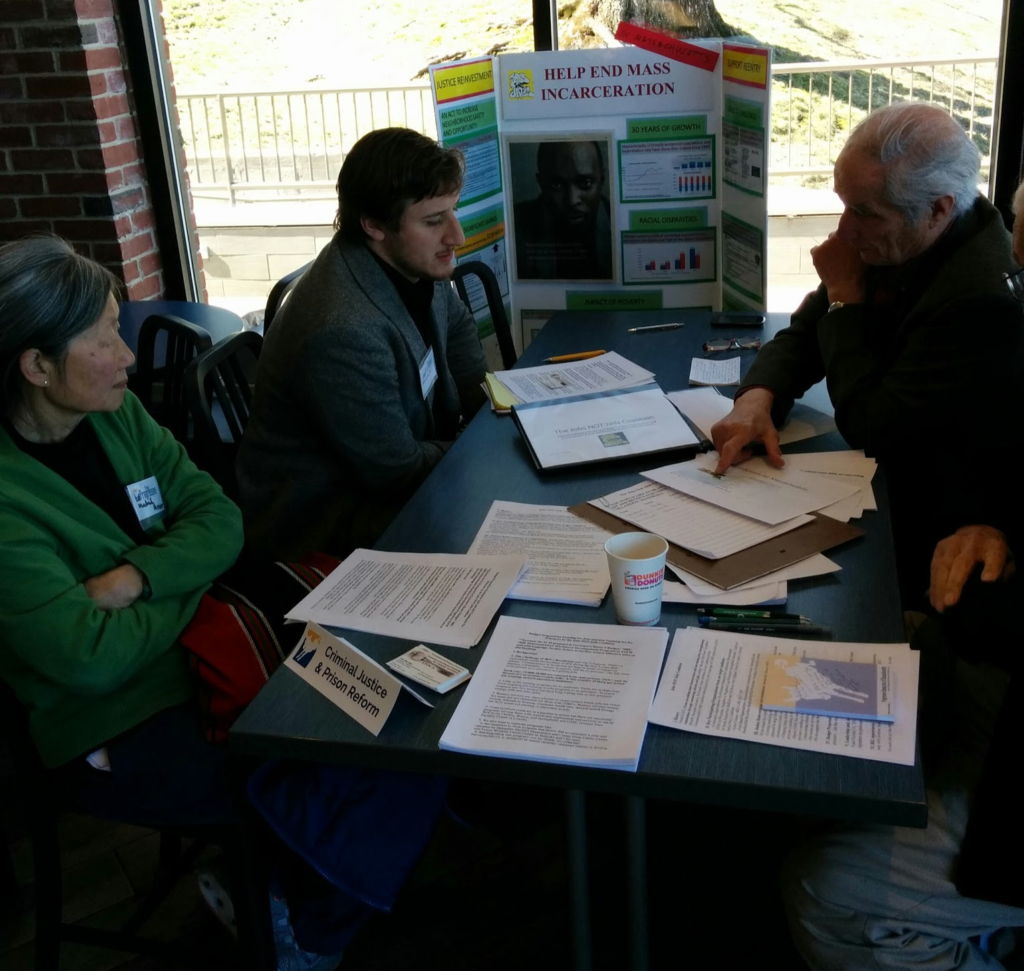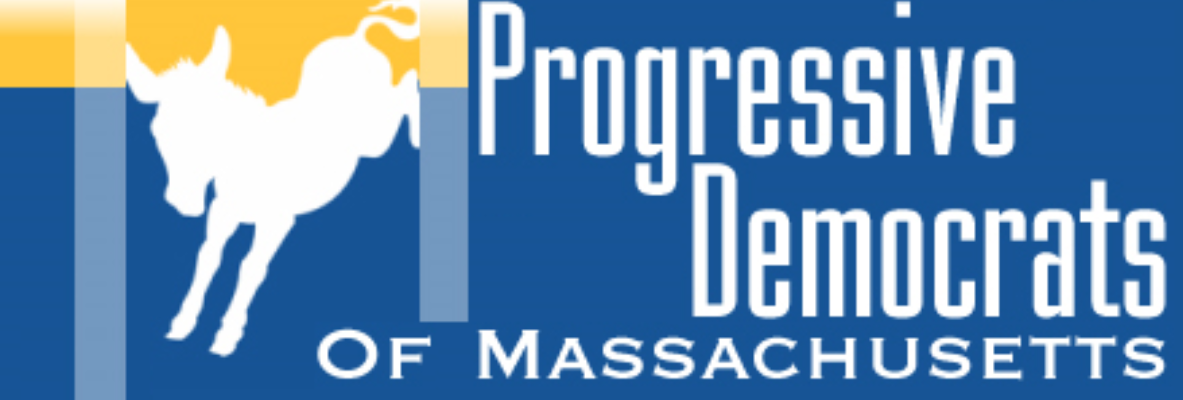
This Session’s Priorities (2023-24)
Resource Guide and Primer on Massachusetts Politics. This short resource guide is designed to help you stay on top of our state legislature and the people elected to represent us there.
A synopsis of PDM’s Legislative Priorities for 2023-24:
The Fair Share Amendment: The Fair Share Amendment, which passed on the November 2022 ballot, amended the Massachusetts Constitution, creating an additional tax of four percentage points on the portion of a person’s annual income above $1 million. The new revenue, $1.2 to $2 billion a year, must be spent on “quality public education and affordable public colleges and universities, and for the repair and maintenance of roads, bridges, and public transportation.”
The 2024 fiscal year budget spends roughly $1 billion based on revenue from the Fair Share Amendment. See details here.
In the 2023-24 session, there are three bills that will protect the integrity of the amendment. They are listed in PDM’s Legislative Priorities above.
Legislative reform: Recognizing that the dysfunction of the state Legislature is inhibiting good policy making and undermining democracy, PDM has undertaken a major effort to reform the Legislature. PDM is supporting efforts to make the Legislature more transparent and accountable to citizens. Because of the extensive and multi-faceted nature of the effort, as well as the need for broad-based bipartisan support, a separate coalition has been created to advance this work.
EDUCATION
Common Start: An Act providing affordable and accessible high-quality early education and care to promote child development and well-being and support the economy in the Commonwealth has been introduced in slightly different versions in the House and the Senate. The bills, S.301 (Lewis) and H.489 (Madaro, Gordon), would establish the framework necessary to deliver high-quality early education and childcare as well as provide funding, implemented over a number of years, to make services affordable and provide better pay and benefits for early educators. The bills establish a 5-year pathway to a universal system that would cover children ages 0-5 as well as after- and out-of-school time for children ages 5-12. The full range of program types currently available would be supported and foundational funding for providers would be a cornerstone of the system. The state Department of Early Education and Care would be charged with fleshing out and implementing the enhanced system. For more information about the Common Start Coalition, of which PDM is a member, visit its website. PDM’s testimony in support of these bills is here.
Vocational Education: Read our one-pager on addressing the vocational education crisis in Massachusetts. The discriminatory impacts of the current admission policy for vocational schools are the subject of a 2023 civil rights complaint against the MA Department of Elementary and Secondary Education (DESE). H.440 (Cabral) / S.2312 (Cronin) would require use of a lottery for vocational school admission. PDM plays a leadership role in this work.
HOUSING
The COVID-19 pandemic has dramatically increased public awareness about the long-standing housing crisis in Massachusetts. PDM recognizes that housing impacts every aspect of a person’s life and supports the goal that, “Every person in Massachusetts should have a safe, healthy, and affordable place to call home.” PDM is supporting the bills listed here and is exploring the endorsement of other bills. It is also expanding its work on this critical issue.
The HERO Act doubles the current Deeds Excise Tax upon the sale of real property in Massachusetts to generate approximately $300 million in new revenue each year which would be split evenly (50/50) between Affordable Housing and Climate. (S.1799(Eldridge)/H.2894(Montano). More information at this link.
Zero-Carbon Renovation Fund would allocate $300 million for renovations of existing buildings such as affordable housing and public schools in environmental justice communities by replacing heating and air conditioning systems with clean heat pumps. S.2364(Gomez)/H.3232(Vargas).
ELECTION REFORM
Same Day Registration would allow eligible voters to register or update their registration on election day, reducing the need for provisional ballots and encouraging robust voter participation H.688 (Gentile).
Local option Ranked Choice Voting would allow municipalities the option of allowing voters to rank candidates in order of preference in municipal elections. H.711 (Pignatelli) / S.433 (Rausch). More information is here.
Access to Counsel and the right resources for tenants and owner-occupants with low income in eviction proceedings before a court-eviction can prevent homelessness, avoid displacement, and create a path to housing stability. S.864 (DiDomenico) / H.1731 (Rogers, Day)
HEALTHCARE
Single-payer Health Care: An Act Establishing Medicare for All in Massachusetts will guarantee equitable health care access for every resident of the Commonwealth through a single payer health care financing system. All residents will be guaranteed access, without regard to financial or employment status, ethnicity, race, religion, gender, gender identity, sexual orientation, previous health problems, or geographic location. The Act will provide access to health care services that is continuous, without the current need for repeated re-enrollments or changes when employers choose new plans or residents change jobs. Coverage shall be comprehensive and affordable, with no co-insurance, copayments or deductibles H.1239 (Sabadosa, Garlick) / S.744 (Eldridge). More information here.
WORKER’S RIGHTS
Achieving a livable age is a fundamental right. An Act to raise the minimum wage would phase in an increase to $20/ hour and raise the minimum wage for tipped workers to 60% of the regular minimum wage. H.1925 (Nguyen, Donahue) / S.1200 (Lewis)
ZERO WASTE
Zero Waste solutions will save us money, create good local jobs, and protect our environment and health. Modernizing the Bottle Bill H.3676 (Ciccolo) and passing recycling reforms that hold producers accountable H.779 (Day) are essential steps to reducing waste, increasing recycling rates and providing the necessary funding to develop reuse systems.
Reducing Single-Use Plastics H.767 (Ciccolo) / S.535 (Lewis) would phase out single-use plastics as well as ban the addition of certain chemicals to plastic ware in contact with food.
We need to solve the plastic crisis by shutting off the plastic spigot, not by burning our plastic waste. Prohibiting Chemical or Advanced Recycling, from citing in the Commonwealth H.3701 / (Gianino) burning of plastic. These facilities are always expensive, polluting, and don’t recycle much of anything. More information here.
